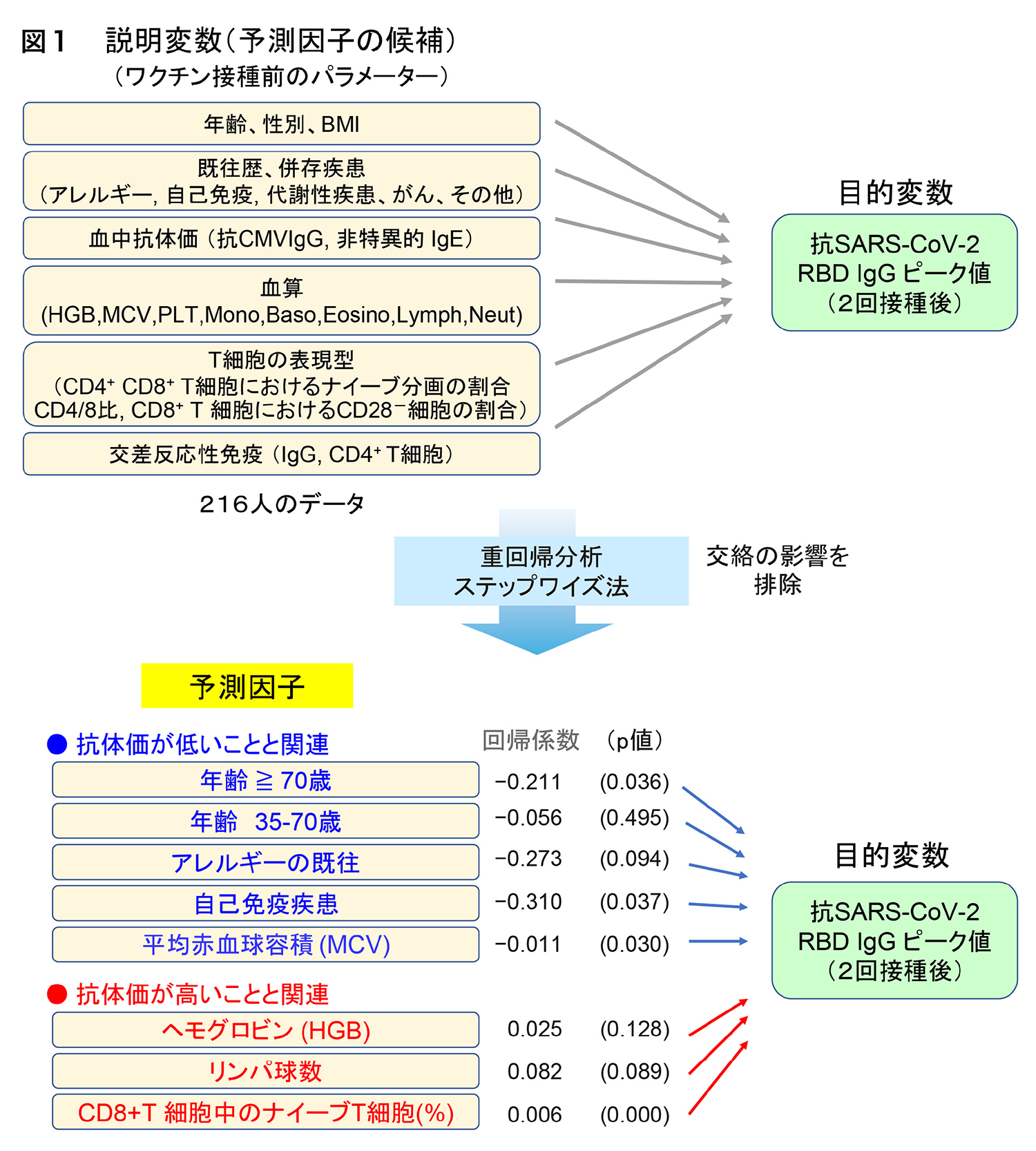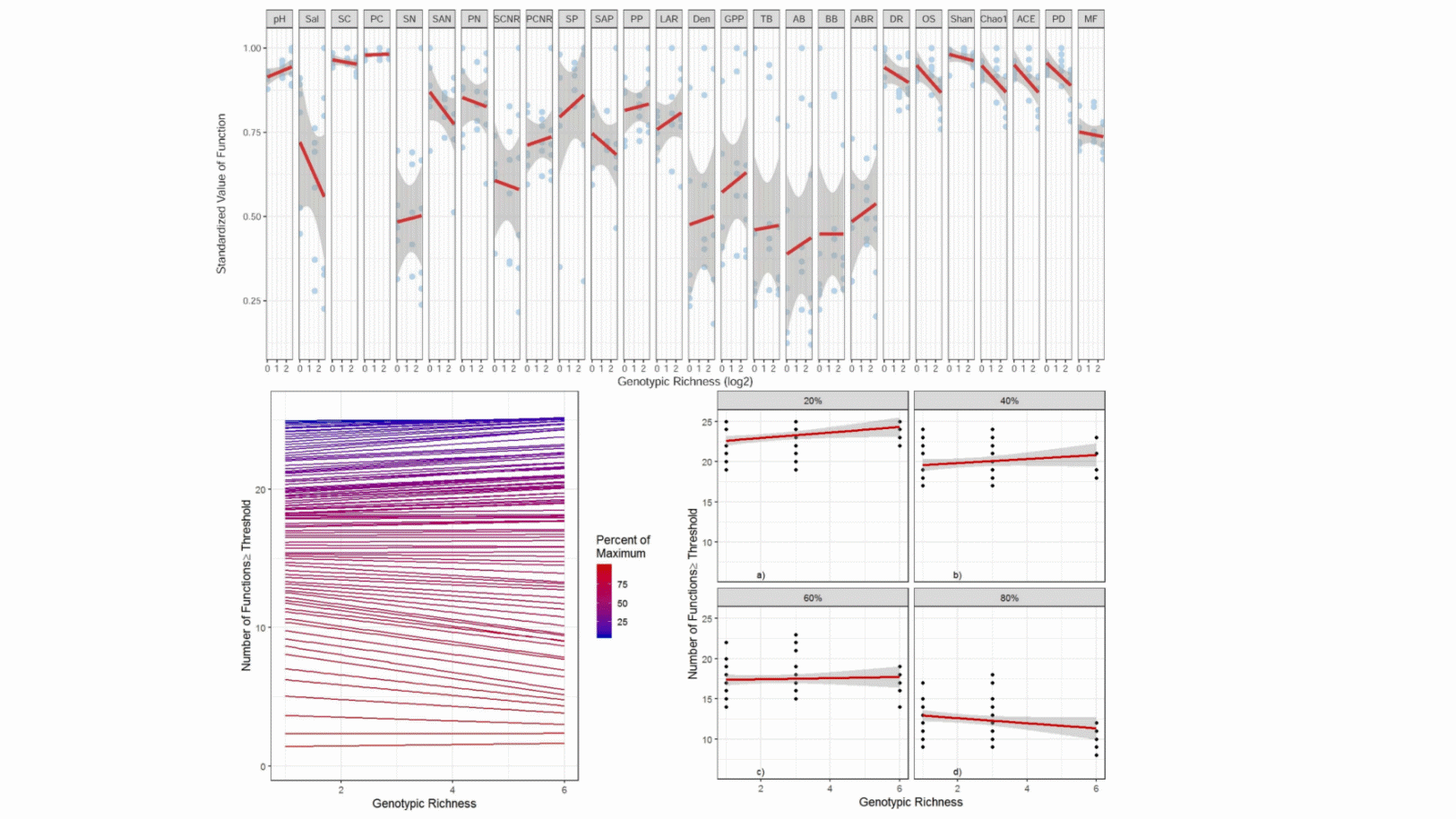2025-05-19 愛媛大学
<関連情報>
- https://www.ehime-u.ac.jp/data_relese/pr_20250519_med/
- https://www.ehime-u.ac.jp/wp-content/uploads/2025/05/pr_20250519_med.pdf
- https://www.sciencedirect.com/science/article/pii/S0022395625003085
妊娠中の母親のカルシウム摂取と思春期の抑うつ症状: 九州沖縄母子健康調査 Maternal calcium intake during pregnancy and adolescent depressive symptoms: The Kyushu Okinawa Maternal and Child Health Study
Yoshihiro Miyake, Hitomi Okubo, Satoshi Sasaki, Keiko Tanaka
Journal of Psychiatric Research Available online: 6 May 2025
DOI:https://doi.org/10.1016/j.jpsychires.2025.05.018
Abstract
To date, no studies have examined the relationship between maternal dietary intake during pregnancy and the risk of depressive symptoms during adolescence in their children. The current prebirth cohort study investigated the association between maternal calcium intake during pregnancy and the risk of depressive symptoms in adolescent children. Study subjects were 873 mother–child pairs. Maternal calcium intake during pregnancy was assessed using a self-administered diet history questionnaire. Adolescent depressive symptoms were defined as a 20-item Center for Epidemiologic Studies Depression Scale score of ≥16. The risk of depressive symptoms was 23.3 % among the 873 adolescents at 13 years of age. Compared with maternal calcium intake during pregnancy in the first quartile, intake in the fourth quartile was independently associated with a reduced risk of depressive symptoms in adolescents; however, the inverse exposure–response relationship was not statistically significant: the adjusted odd ratios (95 % confidence intervals) for depressive symptoms in adolescents in the first, second, third, and fourth quartiles of maternal calcium intake during pregnancy were 1 (reference), 0.63 (0.39-0.99), 0.91 (0.58-1.41), and 0.58 (0.36-0.93), respectively (P for trend = 0.10). The present study found that higher maternal calcium intake during pregnancy was inversely related to depressive symptoms in the adolescents at 13 years. This finding highlights the potential benefits of increasing maternal calcium intake during pregnancy as a means of preventing childhood depressive symptoms.



